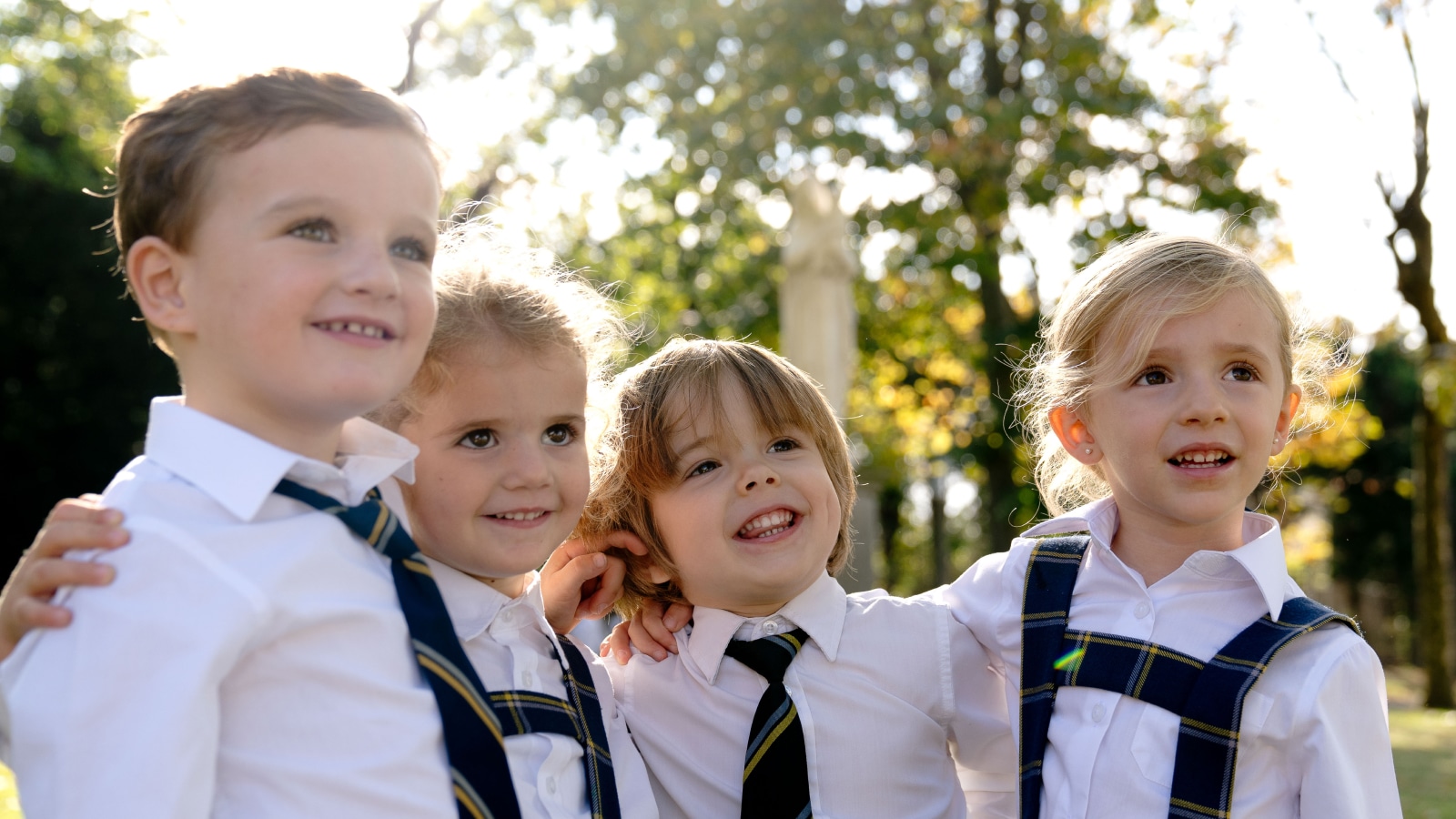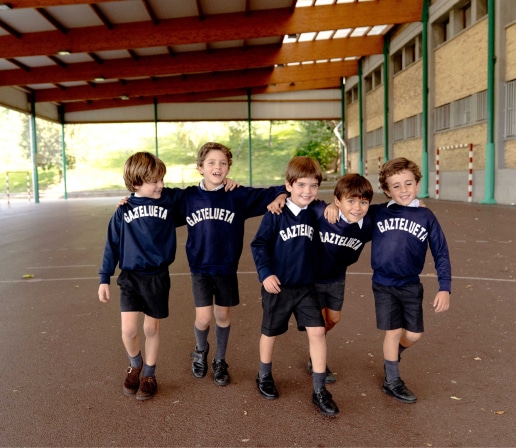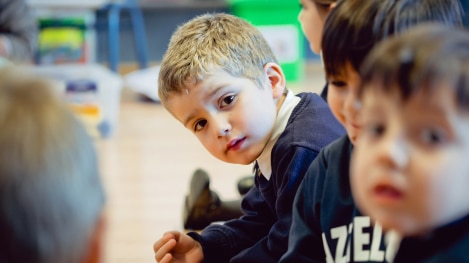
1.To promote companionship, collaboration and mutual help among the students of the school and among all members of the educational community.
2.To promote the integral formation of the pupil, and the practice of human and Christian virtues such as sincerity, loyalty, hard work, responsibility, companionship, friendship, generosity, sobriety, fortitude, etc.
3.To promote in pupils and in all other members of the educational community an exquisite respect for the equal dignity of every human person.
4.To provide teaching staff and administrative and service staff with training and resources to collaborate in the comprehensive education of students, as well as instruments and resources for the promotion of a culture of peace, the prevention of violence and the improvement of coexistence. To this end, it is essential to develop in all members of the educational community the social skills of communication and conflict resolution that favour a good relationship climate.
5.To raise awareness and sensitise the educational community to the importance of an adequate school coexistence, as well as an adequate knowledge of the procedures to improve it.
6.Facilitate mediation for the peaceful resolution of conflicts. To facilitate the prevention, detection, treatment, monitoring and resolution of conflicts that may arise in the school, and to learn to use them as a source of learning experience. To facilitate the prevention, detection and elimination of all manifestations of violence, especially peer abuse, violence against women, xenophobic and racist attitudes and behaviour.
7.Encourage the involvement of families with activities leading to support this learning at home, based on the awareness of the necessary joint work between the educational centre and the family.
1.Personal interviews of the preceptor with the student and the family.
2.The school's Tutorial Action Plan, led by the teacher in charge of the course.
3.Course Councils. Assemblies.

The Rights and Duties of pupils will have as a general framework and reference framework the legislation in force at any given time, which is currently Decree 201/2008, which regulates the rights and duties of pupils and the corresponding rules of coexistence in public and private non-university schools.
All students have the same rights and duties. Their exercise and fulfilment will be adapted to their age and the characteristics of the courses they are studying.
The regulations can be summarised in the following general aspects:
a) Attending class punctually and participating and making an effort to carry out the activities aimed at developing the curriculum.
b) Comply with and respect the timetables approved for the development of the centre's activities.
(c) follow the guidance of teachers regarding their learning and show due respect and consideration for them.
d) Fostering a positive working atmosphere in the classroom.
e) Respect freedom of conscience and religious and moral convictions, as well as the dignity, integrity and privacy of all members of the educational community.
f) Treat all persons equally, without discrimination on grounds of birth, race, sex or any other personal or social circumstance.
g) Take care of and make proper use of the school's property and facilities and respect the belongings of the members of the educational community.
(h) Wear the school uniform correctly.
(i) Comply with established health and safety measures.
These rules, expressed above in general terms, are developed in a practical way through educational suggestions which the pupils are encouraged to take on board in their daily life at school. The following are some of the details which are encouraged at school in order to make relations with others more pleasant:
1. Regarding entries, exits and stay in the centre:
2. With regard to partners:
3. Regarding materials:
4. Regarding work:
5. Other:
